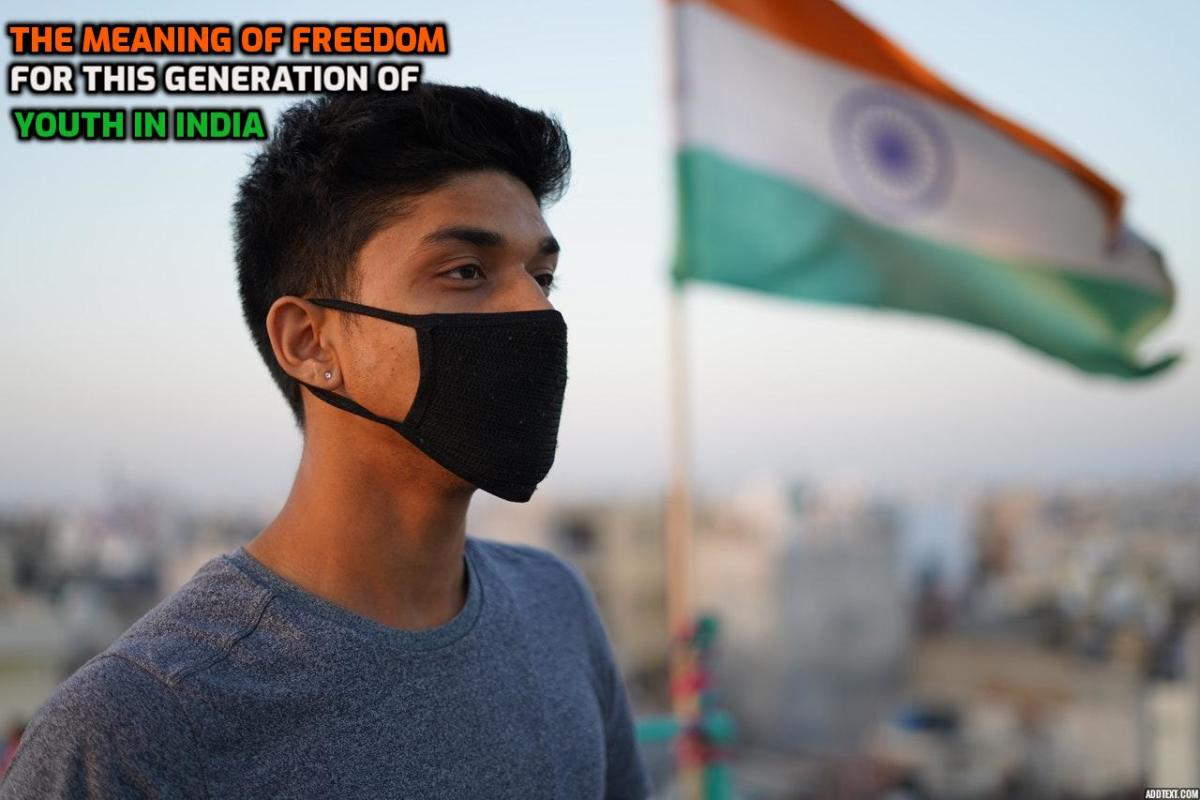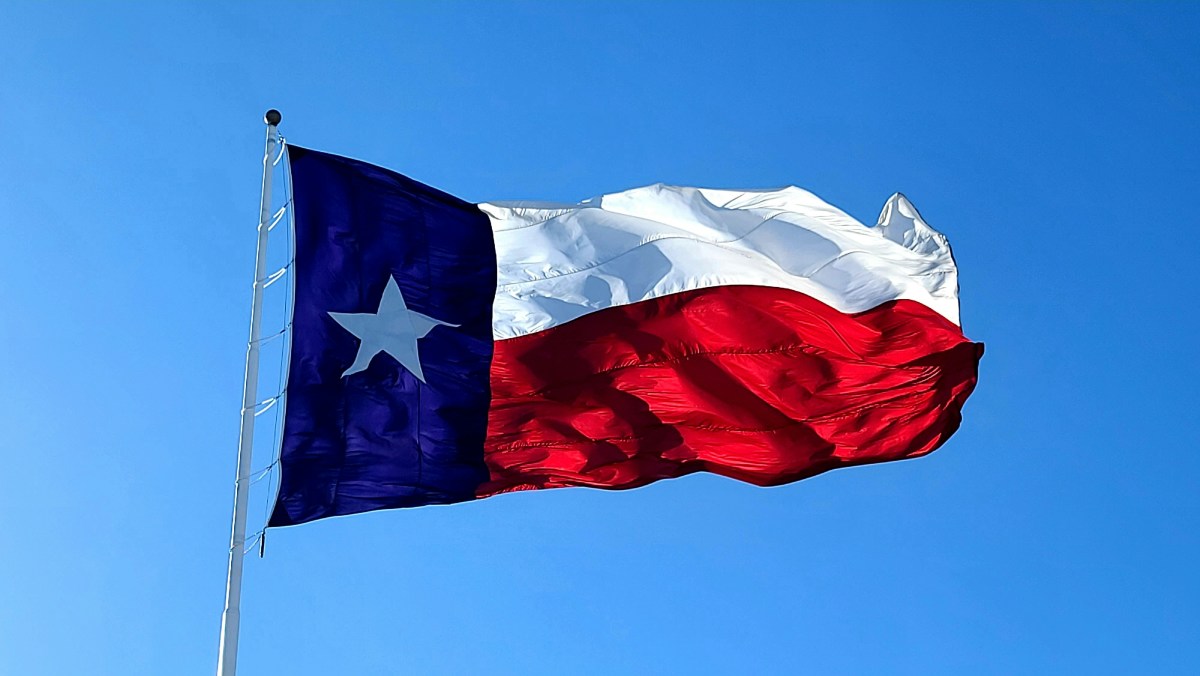6 Secession Movements Around the World Looking at Catalonia From the Shadows

The already tense world stage is still recovering from the latest sudden eruptions of national secession in Europe, with Scotland only 5% of the population away from burning their bridges with the United Kingdom, and the violent Catalan demands of independence seemingly reaching a long-drawn stalemate. But while we patiently wait to see where those currents will turn up, let’s take a look at some more slow-burning embers of regions around the globe planning to change the borders we are so familiar with at this point.
California
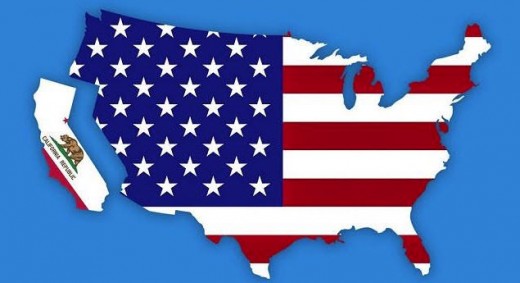
Yes, har har, those wacky redneck Southerners wanting their independence to enjoy their Bibles and their guns and their fried foods in peace. We’ve all heard of those jokes so much they're barely even funny anymore. But turns out the West might be ahead of them: Yes California, an American political movement committed on the secession of California from the Union, has been working for the last three years to push through a “Calexit”- a petition for a Californian independence referendum on the 2018 ballot.
Even though said movement itself seems to be crumbling after its leader, Louis Marinelli, left for Russia last year, a new movement, the California Freedom Coalition, seems to have picked up the pieces and also pledges for a referendum at the same year; and with a 2017 Reuters poll indicating that 32 out of 100 Californians are in favour of secession, it might very possibly succeed.
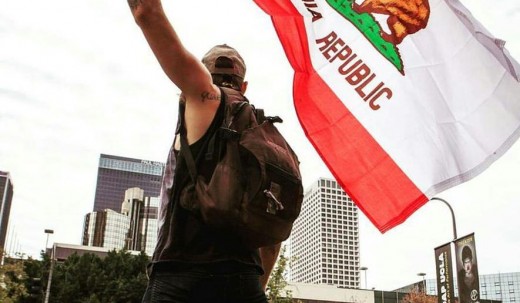
Of course, seeing that full (peaceful) secession would require many more steps, including an amendment to the Constitution itself, this is far from an urgent matter for the federal government. But the fact remains that a US state is indeed taking the first official step to leaving the Union; and with an equal population to Canada and almost as much GDP per capita as Germany, California certainly can afford to stand alone.
Somaliland
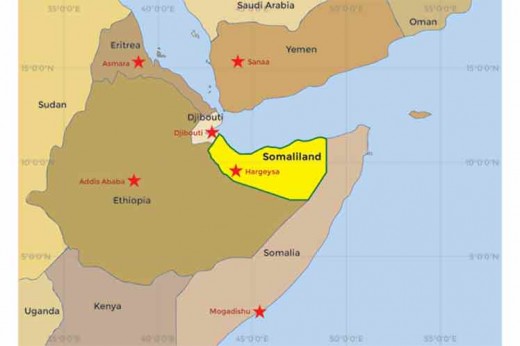
This is a special case, since Somaliland is already independent of the rest of Somalia in everything but name- and it anything but needs the support of its origin nation. While the rest of Somalia has been on a constant pendulum of invisible transitional governance and actual complete anarchy for the last two decades, this former British colony has its own fully functional government, holds free elections, issues its own passports, protects female suffrage rights, and is a member of the Unrepresented Nations and Peoples Organisation.- to the point where it is currently recognised as “the strongest East African democracy.”
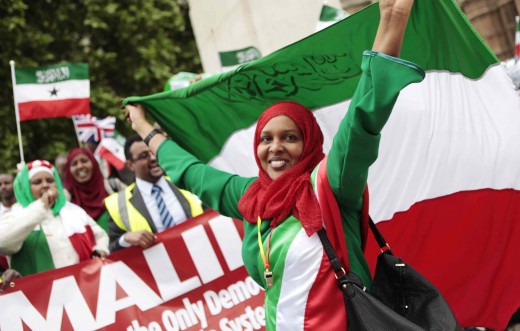
The government has already declared itself a sovereign republic, but is currently only recognised by Sheffield; with the international community instead choosing to support the central Somali government’s claims on the area. As World Policy describes, "he biggest obstacle to recognition is the international community’s desire to maintain existing territorial boundaries. Since the borders were drawn by European colonial powers, the African map has had just two major changes[...]Many countries and international organizations, especially the African Union, believe that recognizing Somaliland would open a Pandora’s box for other regions seeking autonomy, and that the only way for Somaliland to get its independence is with Somalia’s assent."
Flanders
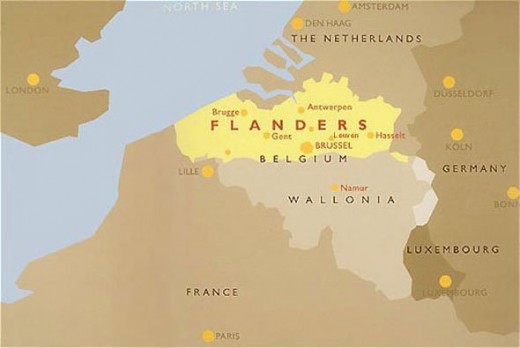
You would expect that a country as small as Belgium would be fairly ethnically and culturally homogenous- but turns out it is not. The fairly recent country (founded in 1815) consists of two cultural territories: Flanders at the north, with a mostly Dutch-speaking populace (usually a variation called Flemish), and Wallonia, with a French-speaking populace. Each area has its own governance, most services in the country are offered in both languages, but education belongs either in the Flemish or the French community, while both groups exercise their power over the bilingual capital, Brussels. And while the Walloons seem to be mostly content with the current state of affairs, the Flemish are actively pushing for a deevolution of the government and eventual partition of Belgium, especially after the political crisis of 2007-2011 that tore Belgium apart in all but name.
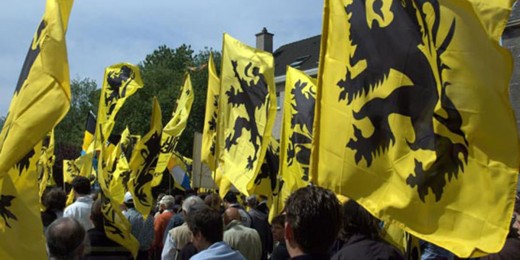
Ian Traynor writes for The Guardian:
"When entering the complex[Technopolis], the paving stones are inscribed with a simple, direct statement. The message is in Dutch only[...] You are told the size of Flanders in square kilometres and its population density.
There is no mention of Belgium. That does not exist. You are in a country called Flanders. That does not exist either, but if many of the politicians running this divided society get their way it is only a matter of time."
"There is no national narrative in Belgium, rather two opposing stories told in Dutch or French. The result is a dialogue of the deaf."
Basque Country
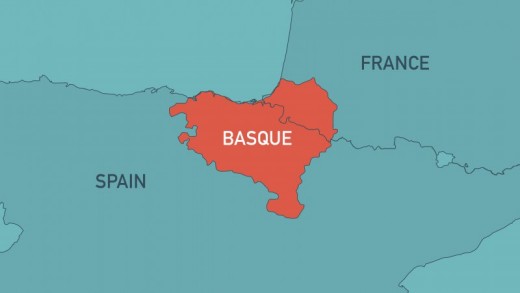
Yes, there are more than one vocal minorities in the Iberian Peninsula toying with the idea of sovereignity. And the Basques, whose lands were independent of Castille (later-to-be Spain) until 1199, have been very vocal about their independence in the past, as seen by the Basque Conflict- an armed separatist conflict that lasted from 1959 to 2011, and resulted in 1000 deaths and many more wounded, orchestrated by the Basque nationalist party ETA.
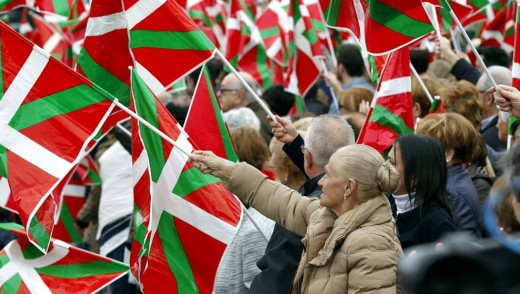
Granted, today the climate is much calmer; the ETA party leader Agus Hernán announced the complete dissolution of the party by mid-June, and the Basques themselves not only claiming they don't want full independence (but still wanting more autonomy from the Spanish state), while up to 63 percent of them condemn the violent Catalan approach to independence.
But at the end of the day, Basques still feel separated from the rest of the Spanish, as they have for centuries; and separatist sentiments are not unlikely to rise again in the next decades.
Bavaria
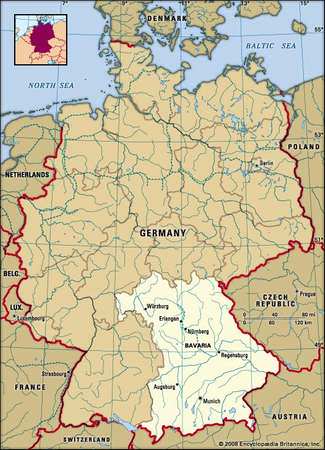
Germany is easily one of the most fragmented realms in the history of Europe; from the breakup of Merovingian Francia, to the Holy Roman Empire, to the hundreds of dukes controlling a very weak HRE, to the post-napoleonic nations, to the German Empire, to the East/West partision of the Cold War, until it finally reunited to its current form.
But it seems like Germany's lifelong tradition of breaking up and reuniting might not be yet over; as in Bavaria, the region with the beer-loving, lederhosen-wearing, Oktoberfest-celebrating stereotypes that people erroneously use for the rest of Germany (and that northern Germans despise themselves), a fourth (possibly up to a third) of the population claims they support secession from the republic.
It's true, there doesn't seem to be any active separatist movement roaring into Berlin at the moment. But most of the international community, as well as the locals themselves, agrees the regional sentiment is not dissimilar to the one between Scotland and the UK- and we all saw the referendum results holding the nation intact by a single string.
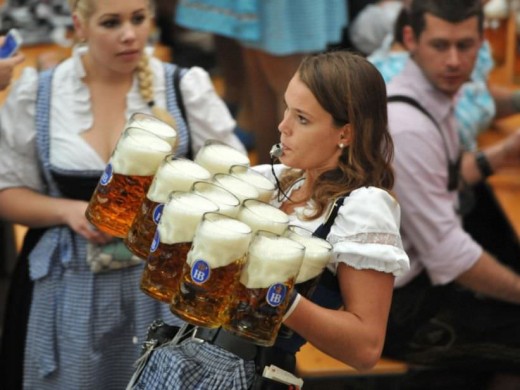
Lombardy And Veneto
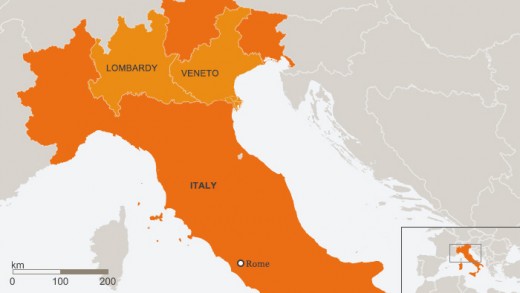
Similarly to the German situation, the Italian Peninsula has been divided many different ways since the mighty (Western) Romans fell to the Lombards, only reuniting in its current form in 1871.
And now, 140-something years later, the locals are already looking for ways to carve the nation a new face. The most prominent movements in the region currently are the ones in the regions of Lombardy and Veneto (containing the cities of Milan and Venice respectively), which for many years have been rallying for greater autonomy from the Republic, or even their eventual independence. Tensions once reached to the boiling point when Lombards participated in the infamous Northern League, and the Venetians attempted to build a homemade tank in a square (yes, for real.)

These days, things seem to have calmed down quite a bit by comparison; but the residents are still quietly rallying for increased autonomy, through periodic referendums and occasionally parading in the streets with the historical flag of the proud Most Serene Republic.
The president of Lombardy and former member of the Northern League, Roberto Maroni, claims “The more people vote, the greater bargaining power I will have", while calling his violent past a "revolutionary phase that didn't last."
Conclusion
All in all, it is unlikely that most of those movements, or the countless smaller ones popping around the globe, will see their dream of independence become reality anytime soon with the current state of affairs; and it’s unknown how those hypothetical sovereign nations would actually fare politically and economically (with the exception of California; which as aforementioned, has the resources to be a world power from the get-go). But hey, it’s intriguing to see how in this brave new age of rapid globalisation, there are so many groups trying to carve their own future all by themselves.



